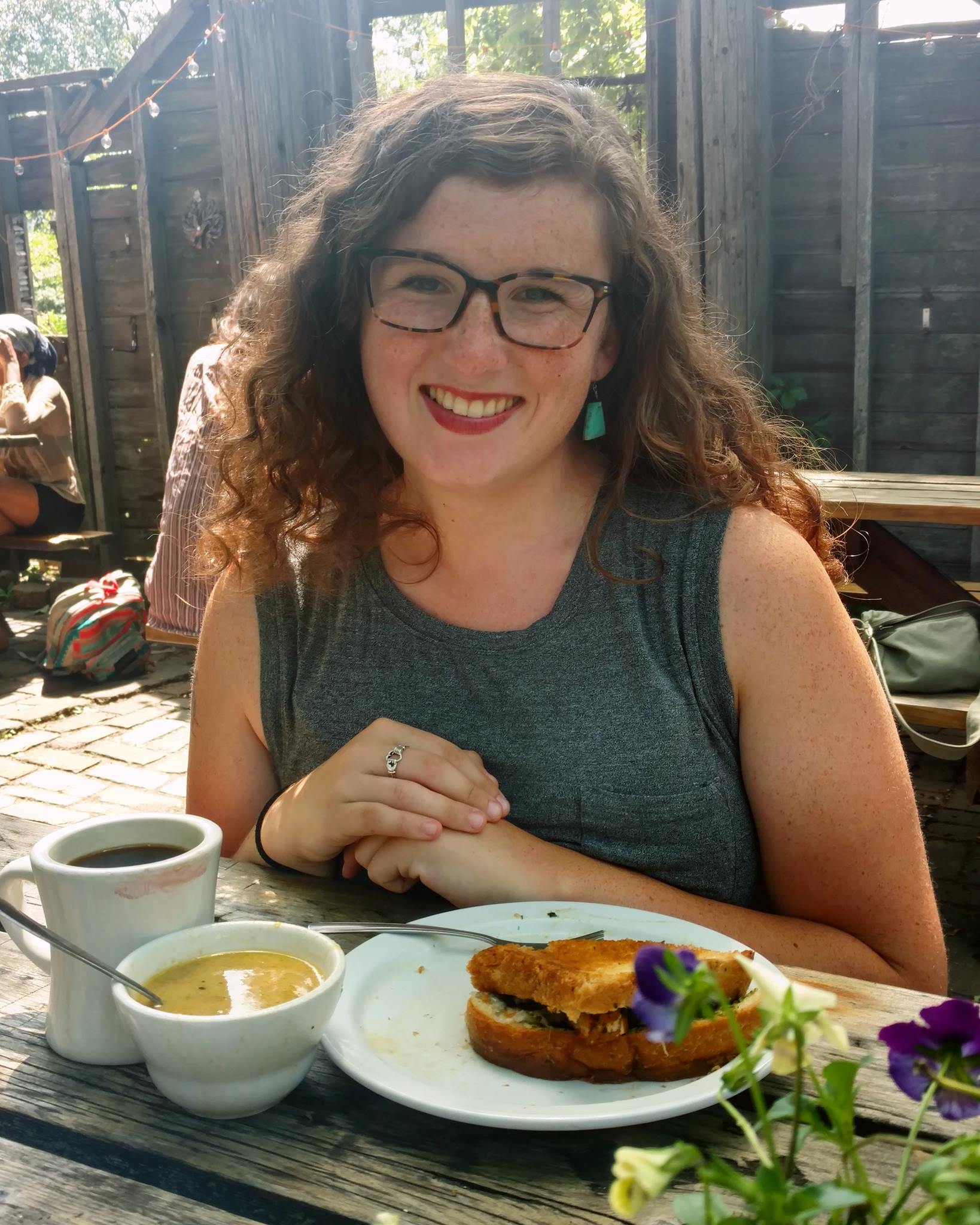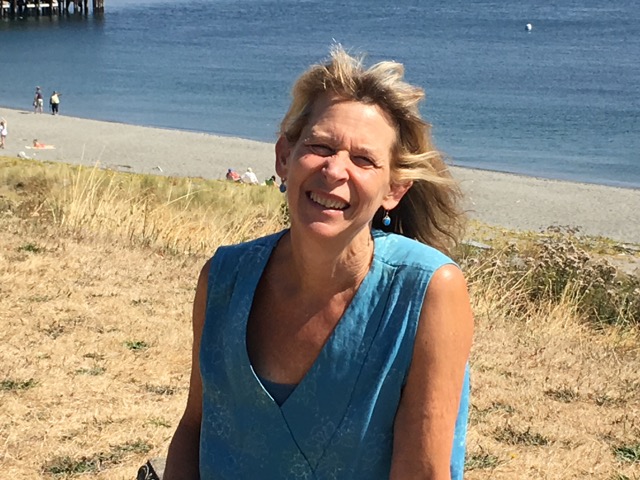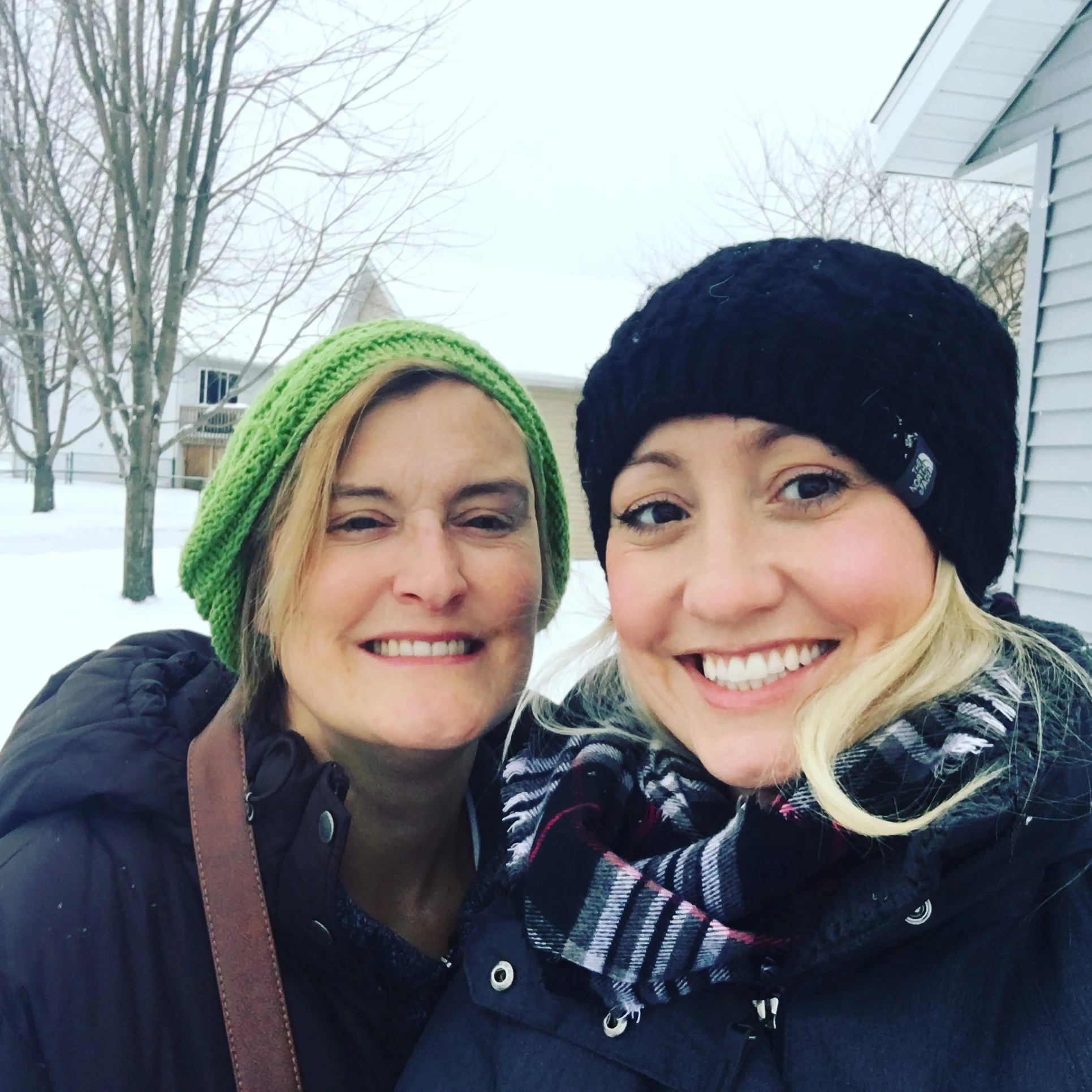by Jan Carroll
Do you put time for writing on your calendar, like you would plans for a romantic evening out (with a heart drawn around it), an appointment with your doctor (underlined twice), or regular time with your best friend (circled and then made into a sun or a flower)? Maybe for you, writing time is so established, so habitual, so ingrained in your schedule that you don’t need to write it down or enter it into your phone—you know when it will happen, like you know what hours you have to be at work, what time to start getting the kids ready for bed, and which night to drag the trash can to the curb. If so, good for you! But that’s not true for all of us.
First Give Yourself Permission
For years, I really wanted to write, but it took a long time to realize that first I had to give myself permission. That among all those other voices, all those other really important things to do—work for money, recover from work, prepare to work again, spend time with loved ones, exercise, mow the lawn, take the car in for a checkup, get my teeth cleaned, do the dishes, scrub the floor, help a friend, do my part to make the world a better place, take the dog out—writing too is important! And for writers—for me—it needs to be a priority. Writing can be seem to be held as less important than so many other things in our culture. But it is important—for what the creative process does in and through us, as well as for whatever potential “product” it yields. For me, writing is like getting enough vitamin D, mentally, emotionally, spiritually. I just feel better, more whole, more me. Writers need to write, and we need writers to write.
Then Make It a Date
Once you’ve given yourself permission and have assigned writing a prominent position in your life (and in your schedule), fiercely guard the time you make for it. Rest assured, hordes of reasons to put writing aside will sweep in to distract you. If you think of your writing time the same way you would a romantic date or a great conversation with a good friend, you’ll be less inclined to put it on the back burner if some other enticing or guilt-inducing possibility presents itself. Poet Mary Oliver, in A Poetry Handbook, explains why maintaining this focus is so crucial.
If Romeo and Juliet had made appointments to meet, in the moonlight-swept orchard, in all the peril and sweetness of conspiracy, and then more often than not failed to meet—one or the other lagging, afraid, or busy elsewhere—there would have been no romance, no passion, none of the drama for which we remember and celebrate them. Writing … is not so different.
Sure, sometimes you might not be as excited about going to dinner with your sweetie. And true, not every talk with that friend is scintillating. But showing up and being there for that person, and that person reciprocating, over time yields a beautiful relationship. But you have to make the date and show up—on time! If you are consistently there for your writing, it will be there for you. Stephen King, in On Writing, says:
Your job is to make sure the muse knows where you're going to be every day from nine 'til noon or seven 'til three. If he does know, I assure you that sooner or later he'll start showing up.
If you find you’re not really that into your writing times, maybe you’re not really that into writing, and you should consider watercolor, piano, community theater, hiking, or chess. But before you throw the baby out with the bath water, first give your writing time some of your best attention, the benefit of the doubt, and approach it with a sense of expectation. Give the relationship a fair chance.
But Maintain Consistent Focus
Why all the fuss? Can’t you just write when you feel like it? When you have a few minutes? Yes, impromptu, spontaneous times to write can be wonderful too. But there’s something about writing at a set time, a regular time, that yields the benefit of continuity of thought. Even if you have to eventually pack up, head home, and get ready for work, if you’ve set the intention to return to the work at the same time tomorrow, or whenever you’ve planned to, it tends to keep your head in the game. Instead of the first twenty minutes of each now-and-then session being you trying to reorient yourself to writing in general and to the mindset of the particular piece you’re working on, you can more easily jump right back in. You don’t have to spend time catching up with your old friend. You can venture right into new territory.
Steven Pressfield, in The War of Art, concurs, describing how purposefully dedicating time for the writing to occur is key to the writing actually happening:
When we sit down each day [or in regularly scheduled sessions] and do our work, power concentrates around us. When we sit down and work, we become like a magnetized rod that attracts iron filings. Ideas come. Insights accrete.
How quickly that magnetic hold can be lost, though. If too often I exchange a writing session for some other fun and possibly quite worthwhile activity, the “iron filings” scatter, and it takes time and work to restore that magnetism. Of course, if the dog is throwing up, a child is bleeding, you get called into work, or fire or flood threaten, do your due diligence. Your muse will understand.
And Declare and “Wear” This Commitment
Zadie Smith, in her “Ten Rules of Writing,” says, “Protect the time and space in which you write. Keep everybody away from it, even the people who are most important to you.”
Decide when and where you will write. Discuss this with loved ones who share your space and time. Then when other opportunities come up, be prepared to say, “Oh, I can’t. I have another commitment,” or “Can’t. That’s my writing time, and that’s sacred,” and follow through. Over time, most people will get used to this; they’ll respect the time you set aside to write, if you do—so honor it.
Where you write has a lot to do with being true to it. Planning to write at a busy café during busy hours means you’ll probably run into someone you know, and even brief chats eat up precious time and defer concentration. Write away from Internet connection. You can research later, or beforehand. Turn off the phone. Have a bag prepared with all your writing paraphernalia or a space cleared at home dedicated to authorial pursuit. The dining room table, unless you live alone, is not the best spot. Having to clear it off every time, unless absolutely necessary, is not ideal.
Yet, Be Aware of and Open to Spontaneity
While regular, scheduled writing times do the heavy lifting, at times you will experience surprise insight, sudden bright ideas, and great lines coming to you at the least convenient times—in the shower, just as you’re falling asleep, or driving in hectic traffic. That’s ok! In fact, these lightbulbs suddenly glowing above your head or metaphoric faucets turning on can be a wonderful residual result of your regularly scheduled (and kept) sessions. I have often had to slog through a tough writing time when nothing much was coming to me, not much was working, or way more pondering was occurring than composing only to pack up, head home, and then BAM—everything seems to cohere, and choice words flow freely. Good idea to have a pen and paper or recording app readily available.
So, Fiercely Guard This!
If you haven’t yet, first work through giving yourself permission to write—and do! Then, passionately make it a priority—a date, resolutely stay focused and attentive, own this commitment as a valid and vibrant part of who you are, and guard your writing time stubbornly, while anticipating unpredictable, schedule-averse but fruitful deluges.
Oh—and Have Fun!




























